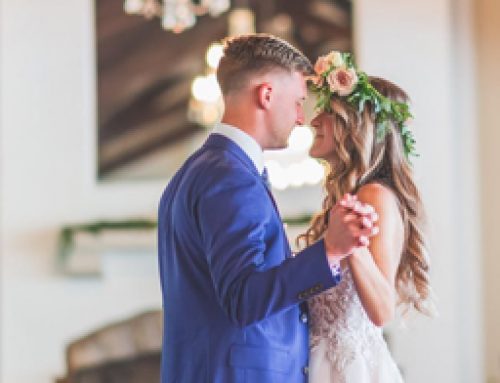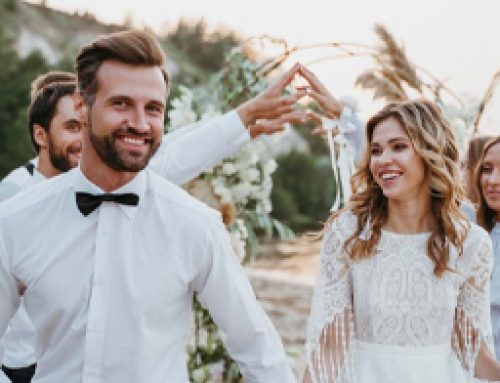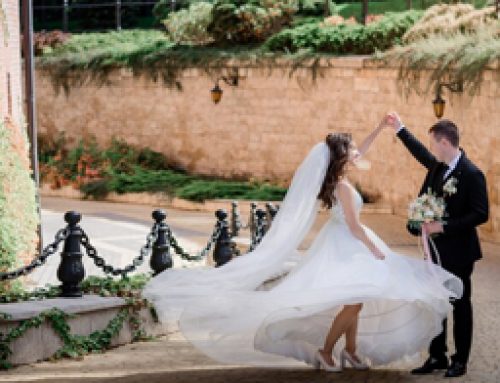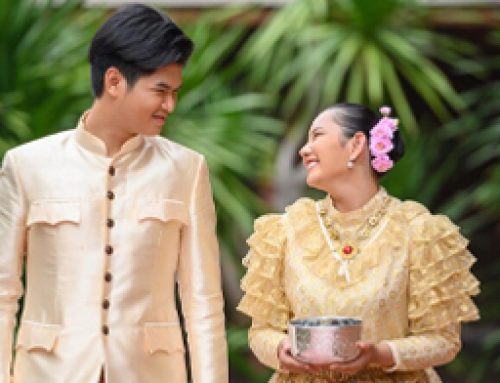Japanese Wedding Traditions, Customs & Rituals
Japanese wedding traditions are deeply rooted in cultural and religious customs that reflect the values of Japanese society. These traditions vary depending on the region and the couple’s preferences, but they often encompass a blend of both traditional and modern elements. Let’s have a look at some of the key aspects of Japanese wedding traditions:
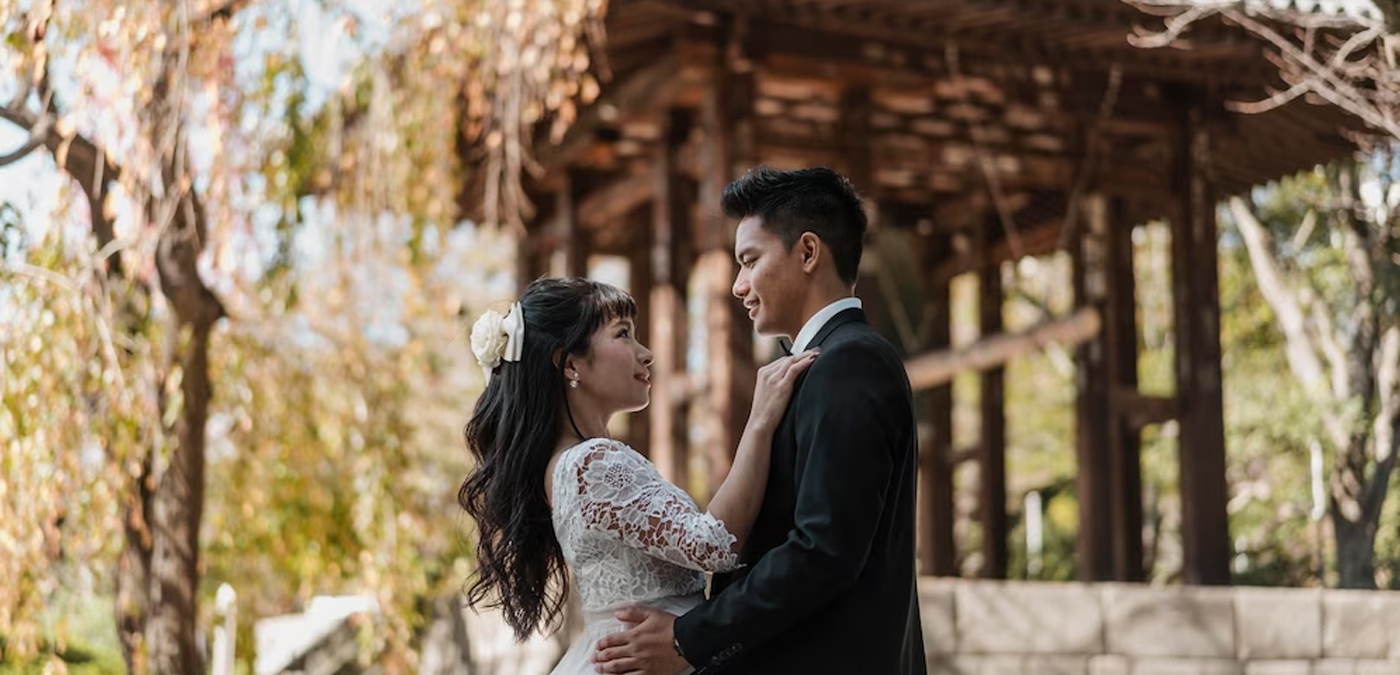
Shinto Weddings:
Shinto is the indigenous religion of Japan, and Shinto weddings are the most common type of traditional Japanese weddings. They are characterised by their simplicity, focus on nature, and reverence for ancestral spirits. Shinto weddings take place at Shinto shrines, where the couple seeks blessings from the kami (deities).
- Purification Ritual: Before the wedding ceremony, the couple and their families purify themselves by rinsing their hands and mouths at a chozuya (a water pavilion) at the shrine. This ritual is believed to cleanse them of impurities and symbolise a fresh start.
- Exchange of Nuptial Cups: During the ceremony, the couple performs the san-san-kudo ritual, where they take three sips from three different cups, representing heaven, earth, and human ties. This ritual signifies the union of the couple and the creation of a bond that will last a lifetime.
- Offering of Tamagushi: The couple offers tamagushi, a sacred branch, to the kami as a sign of respect and gratitude. This act symbolises their devotion to the deities and their wish for a harmonious and blessed marriage.
Western-Style Weddings:
In addition to traditional Shinto weddings, Western-style weddings have gained popularity in Japan. These weddings often take place in wedding halls, hotels, or other venues, and follow a format similar to Western weddings.
- White Wedding Dress: The bride typically wears a Western-style white wedding dress, symbolising purity and innocence. The groom usually wears a tuxedo or a Western-style suit.
- Exchange of Rings: Similar to Western weddings, the couple exchanges wedding rings as a symbol of their commitment and love for each other.
- Vows and Reception: The couple exchanges vows and rings in front of their families and guests. The ceremony is followed by a reception where guests enjoy a meal, speeches, and various forms of entertainment.
Traditional Attire:
In traditional Japanese weddings, the bride wears a white silk kimono called a shiromuku. The kimono is adorned with intricate patterns and may feature a hood or a decorative headpiece. The groom wears a black kimono with his family crest. After the ceremony, the bride may change into a colourful kimono known as iro-uchikake for the reception.
Tea Ceremony:
In some Japanese weddings, a tea ceremony called cha-no-yu is performed. The couple, along with their parents and close relatives, participates in this ceremony, which represents harmony and respect. The bride and groom serve tea to their parents as a gesture of gratitude and appreciation.
Wedding Banquets:
Wedding banquets are an important part of Japanese weddings, regardless of the style chosen. Elaborate meals are served to guests, often featuring traditional Japanese cuisine including sushi, sashimi, tempura, and sake.
Gift Giving:
Guests often bring monetary gifts known as goshugi, which are presented in special envelopes. The amount of the gift is usually determined based on the relationship with the couple and the level of formality of the wedding.
Honeymoon:
After the wedding celebrations, the newlyweds often embark on a honeymoon trip to enjoy some private time together before beginning their married life.
Hire Seasons5 for Your Japanese Wedding Celebration
Japanese wedding traditions blend cultural heritage, spirituality, and modern elements to create memorable and meaningful ceremonies. Whether it’s a traditional Shinto wedding or a Western-style celebration, these traditions reflect the deep respect for customs and values that are ingrained in Japanese society.
Whether you want to go for a traditional Japanese wedding ceremony or a Western one, the venue is one of the key aspects of the celebration. Located in Point Cook, Melbourne, Seasons5 offers stunning venues and luxurious amenities for couples to celebrate their big day. With an onsite chapel as well as our very own Cinnamon Bay Restaurant, all you need to do is focus on enjoying the occasion with your loved ones. Reach out to us on 03 8376 5300 or email us at contact@seasons5.com to know more.




